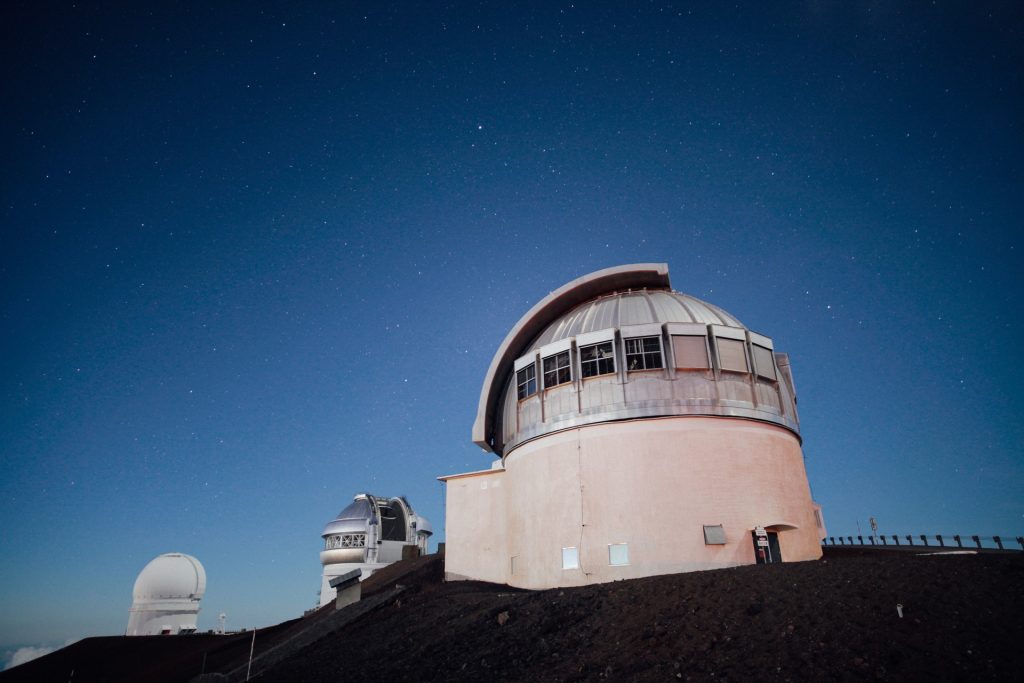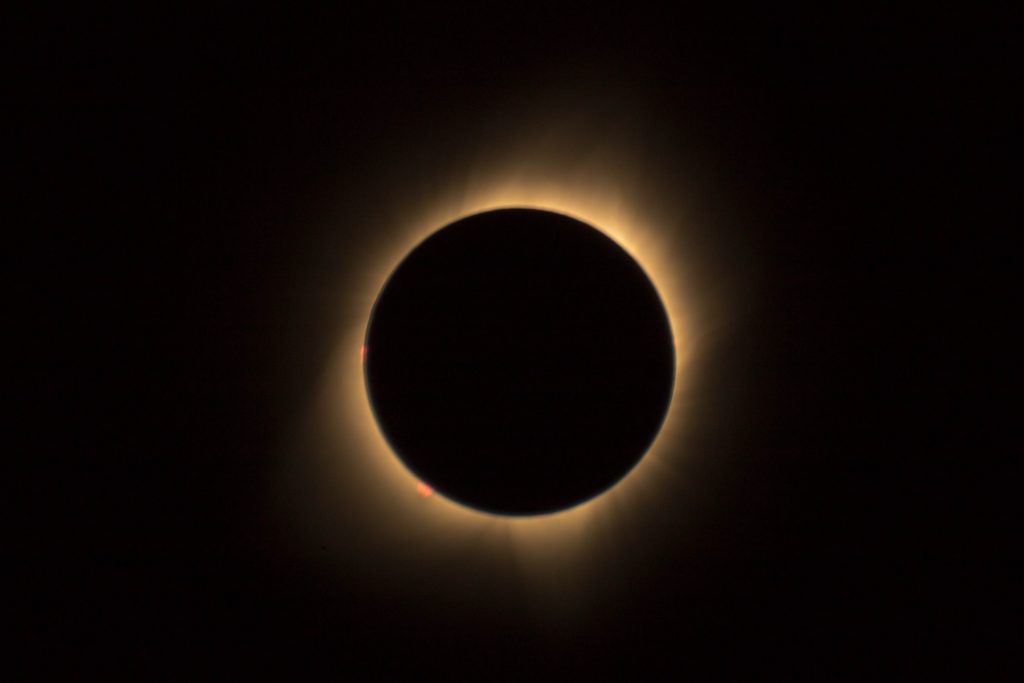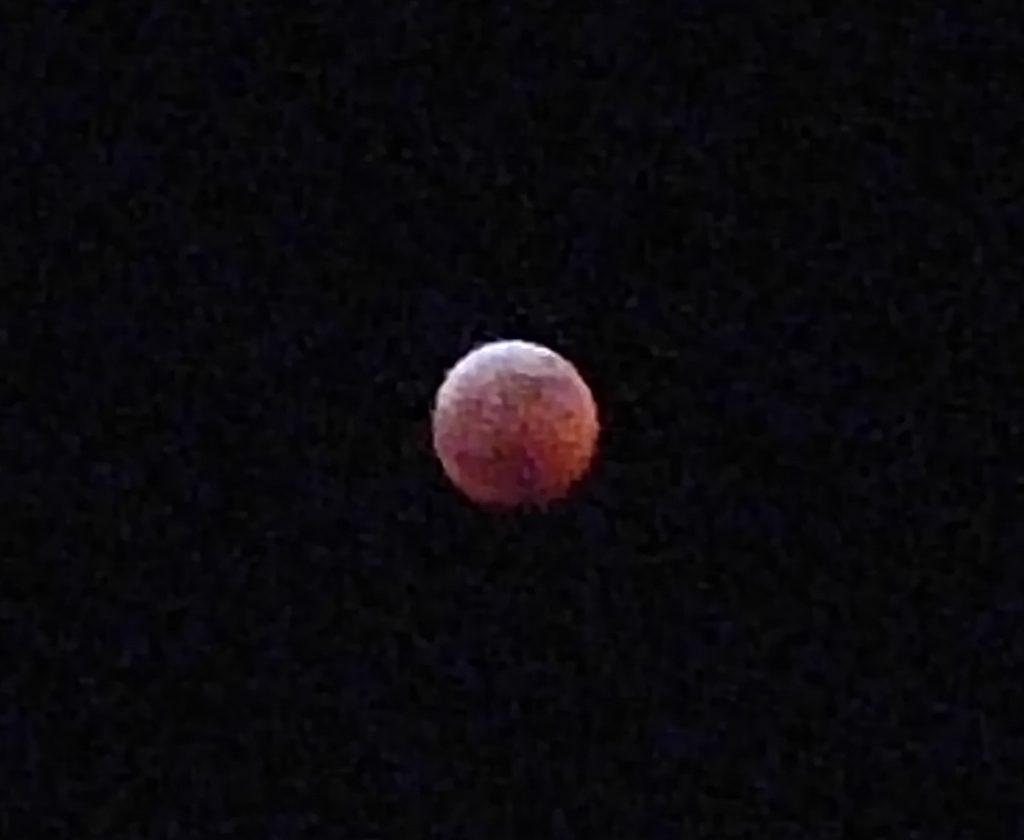Assigned Curiosity – The Power of Dogmatic Paradigms
As mentioned in my post on Kuhn’s Structure of Scientific Revolutions, science doesn’t work the way you think it works. The unwashed laity think science is about the noble pursuit of truth and reality as it pertains to nature; yielding an ever more accurate picture of the way nature works. Isn’t that what we’re taught to believe growing up, in our schooling, and in mass media stories? We picture scientists working on identifying and honing […]
Assigned Curiosity – The Power of Dogmatic Paradigms Read More »













